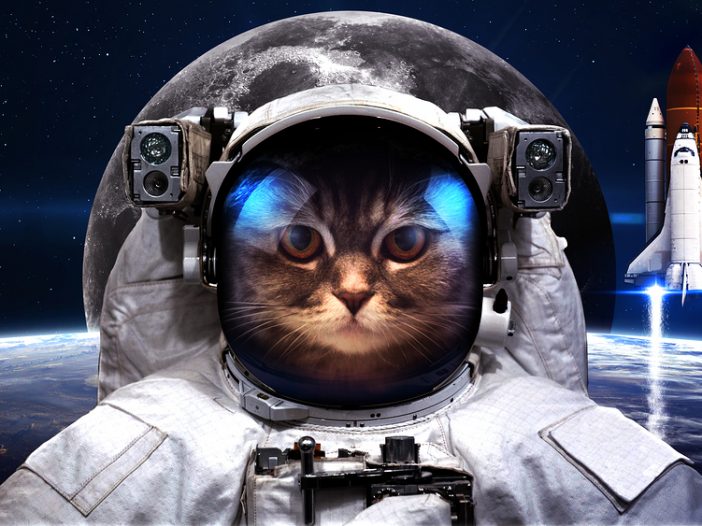
Space movies make me cry. The Martian, Apollo 13, Space Camp (yes, Space Camp – don’t judge me, I grew up in the 80s). It’s not the beauty of space or the analysis of the lives of human beings that puts me in faucet mode. It’s the NASA cheer.
I don’t know if NASA does this in real life (if they don’t, please don’t tell me). When the mission is going to hell and the NASA crew is sitting in front of glowing monitors trying to be calm, I am riveted. When they pull off the amazing save, and the astronauts *SPOILER ALERT* are rescued, the entire team jumps to its collective feet and starts cheering. They hug, and the cooler among them shake hands with grave nods and a twinkle in their eyes.
Now, I’m sure these people don’t all like each other. I’m sure they compete and argue and think about whacking each other with a hammer. Rich Parnell may have been a steely-eyed missile man, but when he accidentally dumped coffee onto the floor, somebody had to clean that up. The point is, when the chips are down, the mission is more important than how they feel about each other.
We need more of this in Veterinary Medicine.
It’s in our perfectionist nature to be critical – of each other and of ourselves. We don’t celebrate our victories nearly as much as we harp on every detail of what we consider our failures. Our staff meetings center on how we can improve, not having a mini dance party because we nailed it this month.
Yes, we have problems to solve, and the people in this profession tend to excel at solving problems. Except for the pesky problem of how to band together. There are so many reasons that we resist camaraderie. Competition, insecurity, personal problems, burnout, compassion fatigue, depression, and fear all contribute to why there is a barrier between us. We also don’t communicate (in many cases) nearly as well as we think we do. We respond with our emotions instead of listening with empathy. Imagine if that was the tactic we took with our patients…”OMG, this has to be hyperthyroidism! I just feel it! Let’s treat it without doing diagnostics and then be surprised when it blows up in our faces!” Of course, we don’t do that – we run diagnostics and confirm that this is really the problem. However, if Sheila is snappy with us in the clinic today, we’re going to assume it’s about us and go off the deep end rather than ask her what’s going on.
Veterinary medicine is hard. We can make it easier by taking care of our teams and asking them to take care of each other first. Happy teams make for outstanding customer service and patient care. If you are in a good place mentally, try a little experiment. Just for today, go into your practice with the intention to lift up those around you. You don’t have to be the boss to affect your team in a positive way. Pass out sincere compliments. Ask if you can help. Do something unexpected to take the burden off of a teammate. Pay attention to how this makes you feel. You have the power to make a change, and that change will elevate your team and YOU. If enough of us embrace rather than put up walls, we can elevate the entire profession.
We are in this together. If we shift our focus to what we are doing right (there is SO MUCH) and celebrate those victories with the enthusiasm of a bunch of brilliant nerds in horn-rimmed glasses, maybe we can see veterinary medicine for what it is: one of the best jobs in the world.
The views and opinions expressed in this article are those of the author and do not necessarily reflect the position of the DrAndyRoark.com editorial team.